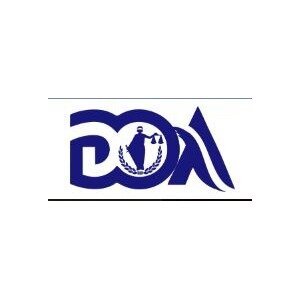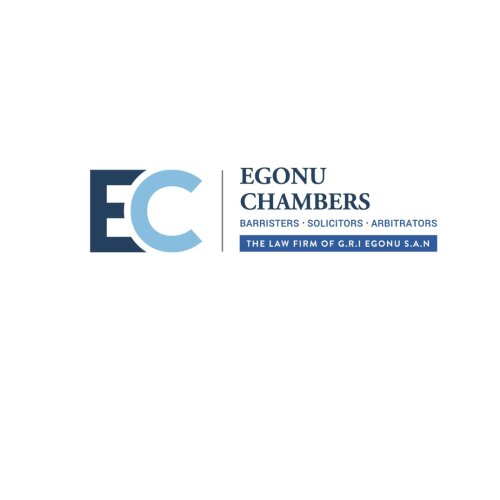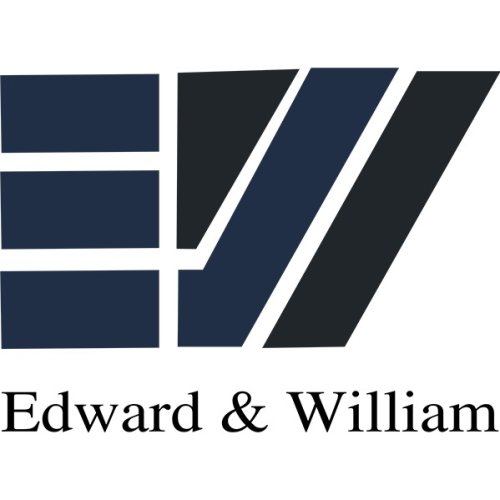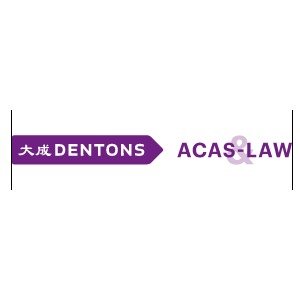About Labor Law in Nigeria
Labor Law in Nigeria governs the relationship between employers and employees, ensuring fair treatment, workplace safety, and the protection of workers' rights. It covers issues such as employment contracts, wages, working conditions, anti-discrimination measures, and dispute resolution. The primary legal instruments include the Nigerian Labor Act, Employee's Compensation Act, National Minimum Wage Act, and various collective bargaining agreements. The labor laws are designed to balance the interests of both employers and employees, promoting harmonious industrial relations in Nigeria.
Why You May Need a Lawyer
Engaging a lawyer specializing in labor law may be necessary in several situations, including:
- Wrongful termination or unfair dismissal from employment.
- Disputes related to employment contracts, including breach of terms.
- Cases of workplace discrimination or harassment.
- Unpaid wages, benefits, or issues related to overtime pay.
- Retirement benefits and pension disputes.
- Injuries sustained in the workplace requiring compensation or legal redress.
- Negotiating terms of collective bargaining agreements or union-related issues.
- Understanding rights related to maternity, paternity, or family leave.
- Addressing workplace safety violations or environmental hazards.
- Advising on compliance with national labor standards and laws.
Local Laws Overview
The key aspects of local labor laws in Nigeria include:
- The Labor Act of 1974: Provides the framework for employment relationships, including contracts, working conditions, and employee rights.
- National Minimum Wage Act: Establishes the minimum wage to ensure fair compensation for labor across Nigeria.
- Employee's Compensation Act: Provides for compensation to employees for workplace injuries and occupational diseases.
- Trade Unions Act: Governs the formation and management of trade unions and their activities.
- Factories Act: Ensures the health, safety, and welfare of workers in factories.
- National Industrial Court Act: Establishes the National Industrial Court to handle labor-related disputes.
Frequently Asked Questions
What is the minimum wage in Nigeria?
The national minimum wage in Nigeria as of the latest legislation is N30,000 per month. However, compliance can vary across different states and sectors.
Is an employment contract mandatory in Nigeria?
Yes, the Labor Act requires that employees are provided with a written contract detailing the terms and conditions of employment within three months of starting a job.
What protections exist against wrongful dismissal?
Employees are protected under the Labor Act and may seek redress through the National Industrial Court if dismissed without just cause or due process.
How are workplace disputes typically resolved?
Disputes can be resolved through negotiations, mediation, arbitration, or by filing a suit with the National Industrial Court.
What rights do pregnant or nursing employees have?
Nigerian labor laws provide maternity leave, and the employer must not terminate employment due to pregnancy or nursing.
What accommodations must employers make for workplace safety?
Employers must adhere to the Factories Act, which includes ensuring a safe working environment and providing safety equipment.
Can an employee join a trade union?
Yes, employees have the right to join trade unions and participate in union activities for collective representation.
What are an employee's rights if injured on the job?
The Employee's Compensation Act entitles employees to compensation for injuries sustained at work, which can include medical expenses and disability benefits.
Are there rules for working hours and overtime?
The Labor Act stipulates normal working hours and mandates overtime pay for hours worked beyond the standard workweek.
Can employers impose retirement age on employees?
Yes, employers can specify a retirement age, usually set at 60 or 65, but this should be clearly outlined in the employment contract.
Additional Resources
For more information and assistance with labor law issues in Nigeria, consider reaching out to the following resources:
- Federal Ministry of Labor and Employment
- National Industrial Court of Nigeria
- Nigerian Labor Congress
- Center for Trade Union and Human Rights
- Legal Aid Council of Nigeria
Next Steps
If you need legal assistance with labor law issues in Nigeria, consider taking the following steps:
- Document all relevant information and events related to your legal issue.
- Consult with a qualified labor law attorney to evaluate your case and provide guidance.
- If applicable, file a formal complaint with the appropriate governmental or legal body.
- Participate in any recommended dispute resolution processes or legal proceedings.
- Stay informed about your rights and any ongoing changes in labor laws and policies.
Lawzana helps you find the best lawyers and law firms in Nigeria through a curated and pre-screened list of qualified legal professionals. Our platform offers rankings and detailed profiles of attorneys and law firms, allowing you to compare based on practice areas, including Labor Law, experience, and client feedback.
Each profile includes a description of the firm's areas of practice, client reviews, team members and partners, year of establishment, spoken languages, office locations, contact information, social media presence, and any published articles or resources. Most firms on our platform speak English and are experienced in both local and international legal matters.
Get a quote from top-rated law firms in Nigeria — quickly, securely, and without unnecessary hassle.
Disclaimer:
The information provided on this page is for general informational purposes only and does not constitute legal advice. While we strive to ensure the accuracy and relevance of the content, legal information may change over time, and interpretations of the law can vary. You should always consult with a qualified legal professional for advice specific to your situation.
We disclaim all liability for actions taken or not taken based on the content of this page. If you believe any information is incorrect or outdated, please contact us, and we will review and update it where appropriate.

















